CONVERSATIONS WITH THE ELDERS
The Founding Director of Uthando (Love) South Africa, James Fernie, explains the sentiment behind Conversations With the Elders: a unique book that tells the heart-wrenching, yet truly inspiring stories of South Africa’s ageing black population.
Dark clouds of racism, bigotry and state-sanctioned brutality gathered over South Africa with the advent of apartheid after the National Party swept to power on the 28th of May 1948.
A racial experiment of epic proportions was thus initiated in the country and, unbeknown to the overwhelming majority of the population, forty-six years of torment, institutionalised injustice and internecine violence awaited them. The war of racial hatred had started long before the official introduction of a codified set of laws based purely on race, but it was to intensify with a vengeance after 1948, having a devastating effect on black South Africans in particular.
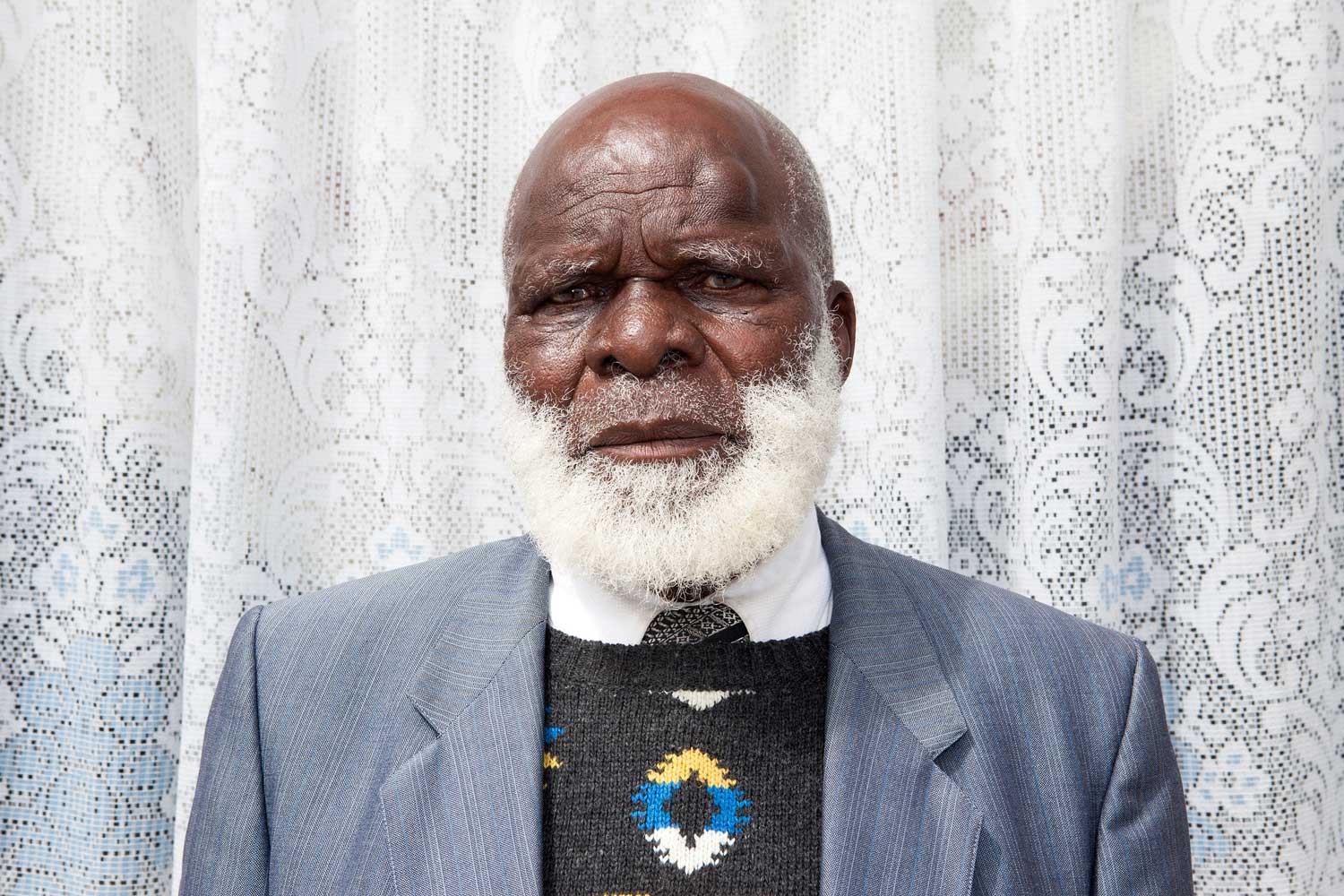
After starting the non-profit organisation Uthando (Love) South Africa in 2008, I had an ardent desire to work with and support a senior citizens community project. As a teenager growing up during the malevolent and violent death throes of apartheid in the 1980s, I was acutely aware of the heinous suffering endured by black South Africans. Many years later, I was now conscious that many of those victims would now be in their twilight years and in need of care, love and assistance.
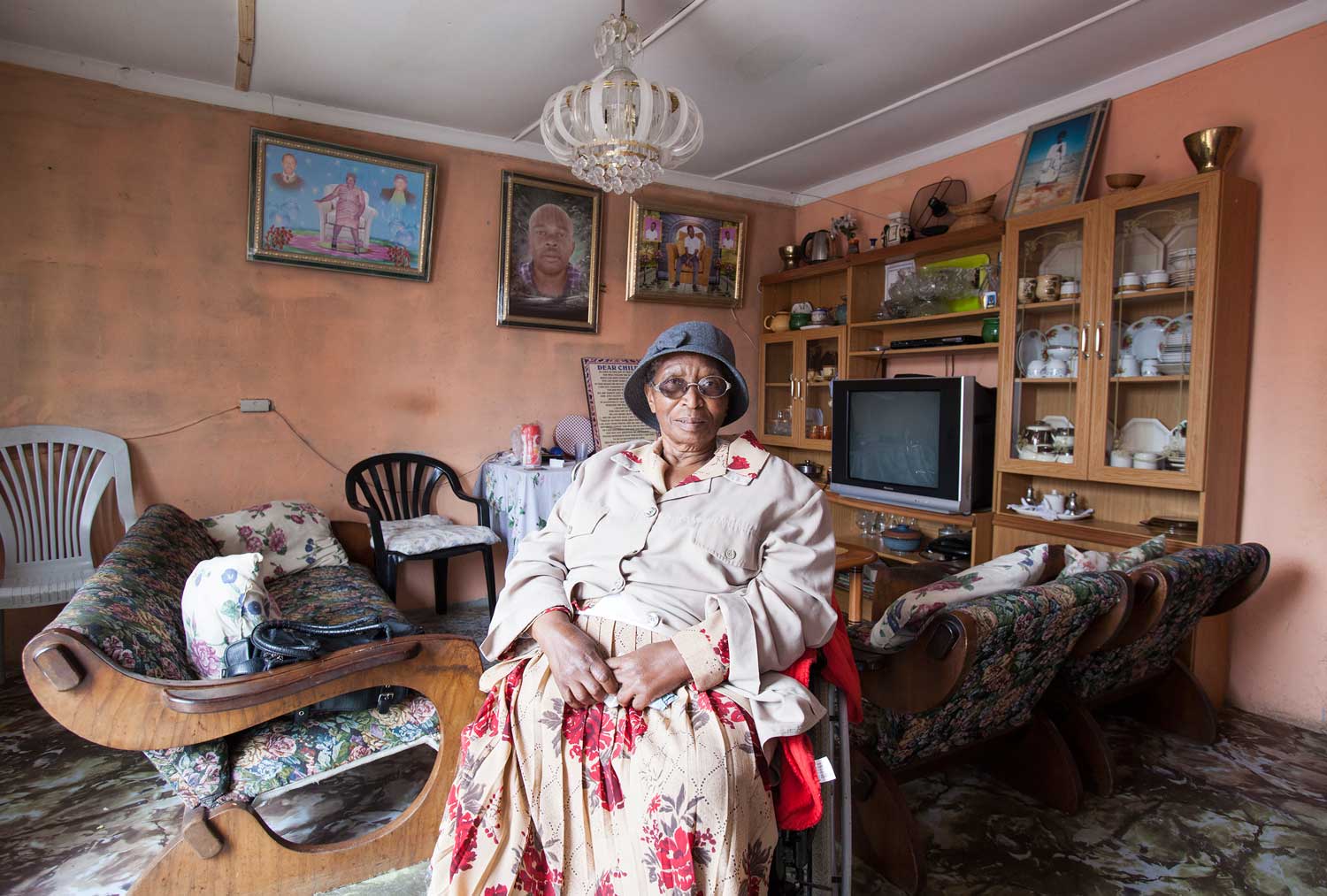
It became apparent that their stories needed to be told before they were no longer able to share them with us. They too deserve to be recognised for their contributions to building our great country. Their qualities, stories and lives need to be documented, shared and disseminated, so as to inspire humanity to transcend the current culture of materialism, power and greed that is tearing our world apart. Their faces alone tell a thousand stories – their photogenic beauty reflecting the kindness, understanding, love and compassion that humanity is so thirsting for at this time of remarkable transformation and challenge in world history.
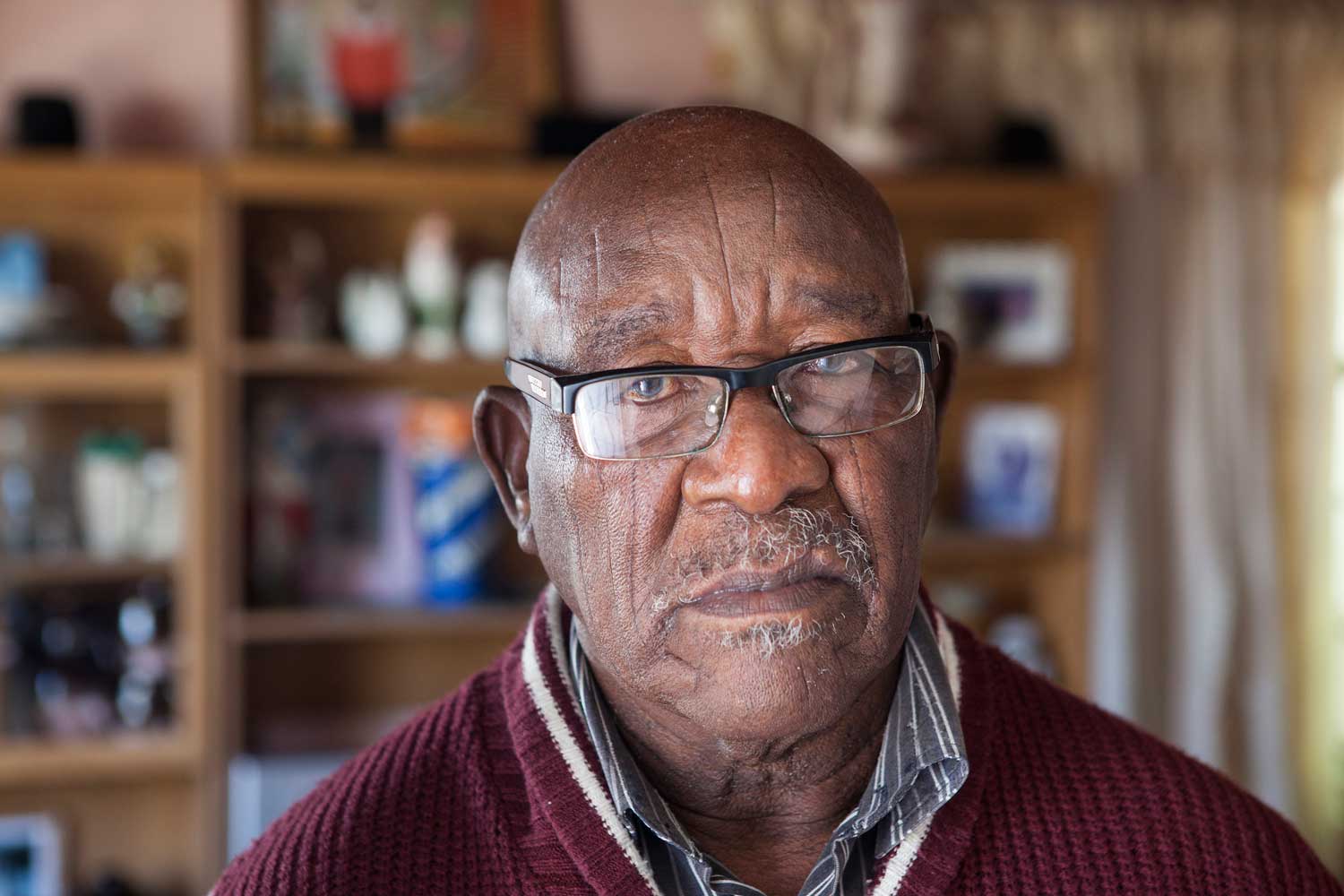
For this reason, I had the pleasure of sharing outings with them to Robben Island, Table Mountain, Cape Point, the South African Parliament, Kirstenbosch Gardens and Solms-Delta Wine Estate. I also felt it was important for them to meet interesting and influential people – people who they generally would have never expected to meet. In 2010 we enjoyed a wonderful and joyous morning with Archbishop Desmond Tutu, who took time out of his busy schedule to visit them in Khayelitsha. We also had tea with Helen Zille, the Premier of the Western Cape and leader of the official opposition Democratic Alliance at her official residence Leeuwenhof. In addition, we had a fascinating morning listening to the stories and anecdotes of Dr Ramphele Mamphele about her relationship with Steve Biko, an icon of the struggle and founder of the black consciousness movement. To many of “the oldies”, Biko is an almost mythical figure and one of their own who is arguably one of the greatest South African intellectuals of our time. Recently they were transfixed listening to stories of Arun Gandhi, the grandson of Mahatma Gandhi.
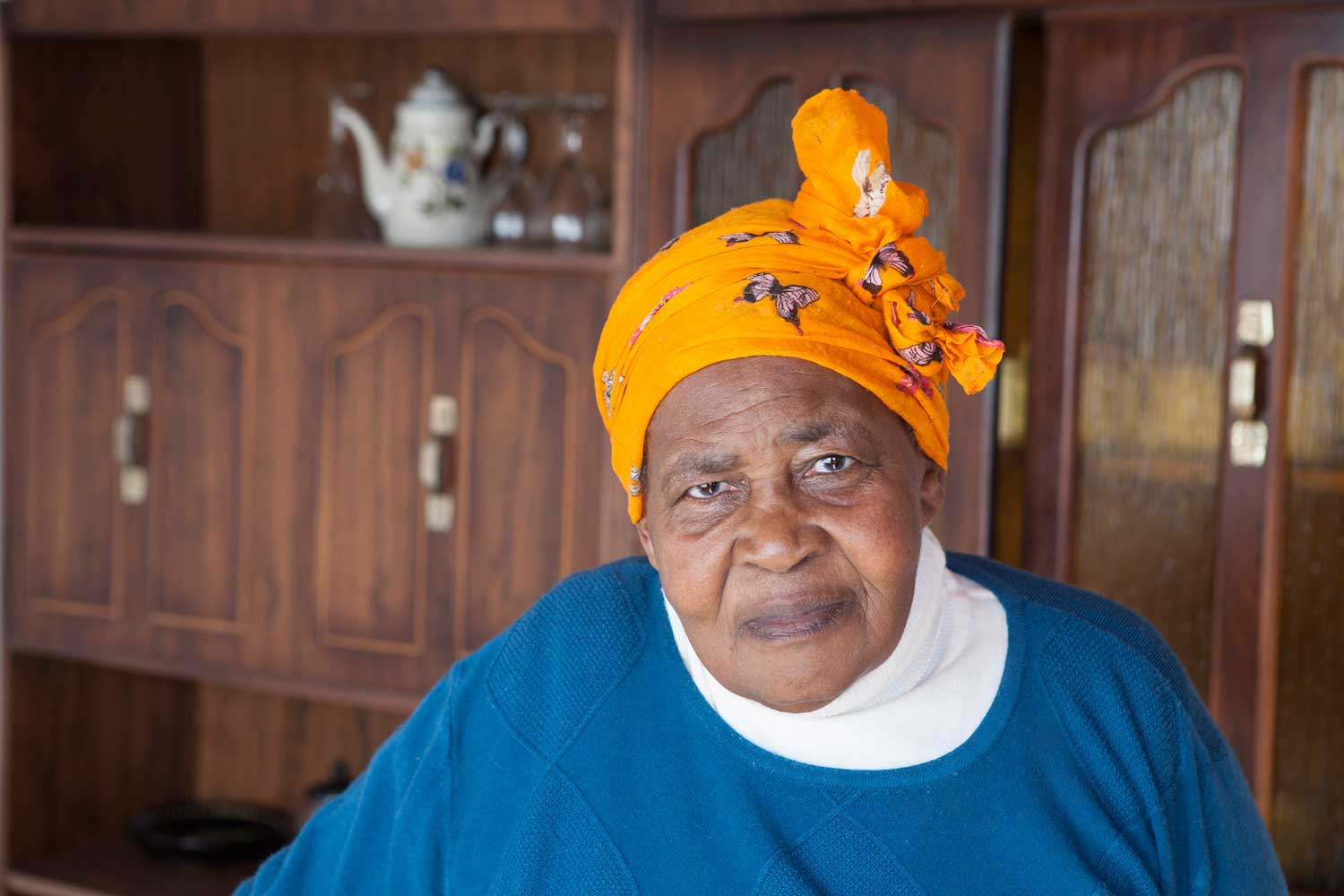
- What are their indigenous names?
- What are the meanings of their indigenous names?
- Where and when were they born? (Some of the interviewees don’t know the year they were born. Instead, they remember a significant event that occurred in that particular year such as an eclipse or an earth tremor. Many of them were born in the Transkei, a former homeland or Bantustan, that has now been incorporated with the Ciskei, another homeland, to form what is known today as the Eastern Cape.)
- What is their English name and how did they obtain that name? (During apartheid and before, white people could not pronounce black people’s names, and in order to work black people used a European name.)
- What is their defining memory of the apartheid years? (Many of the Oldies talk about their experience with the “dompas”, an internal passport called a “dumb pass” that black people had to carry at all times outside their homelands. Not being in possession of one’s pass could lead to arrest and imprisonment.)
- What message do they want to share with the world?
The generations of black South Africans who endured the long and dark years of apartheid have an absolutely remarkable and truly unique story to tell the world. They have pearls of wisdom for an increasingly dysfunctional modern consumer society. Their stories exemplify the triumph of the human spirit in the face of sustained and profound suppression of their basic human rights and dignity. Their journeys of personal and collective healing and forgiveness resonate with all who meet them. This book is a way of recognising our valuable South African roots, and recording their stories and faces for generations to come. It is also our way of striving to help and care for them in their senior years.
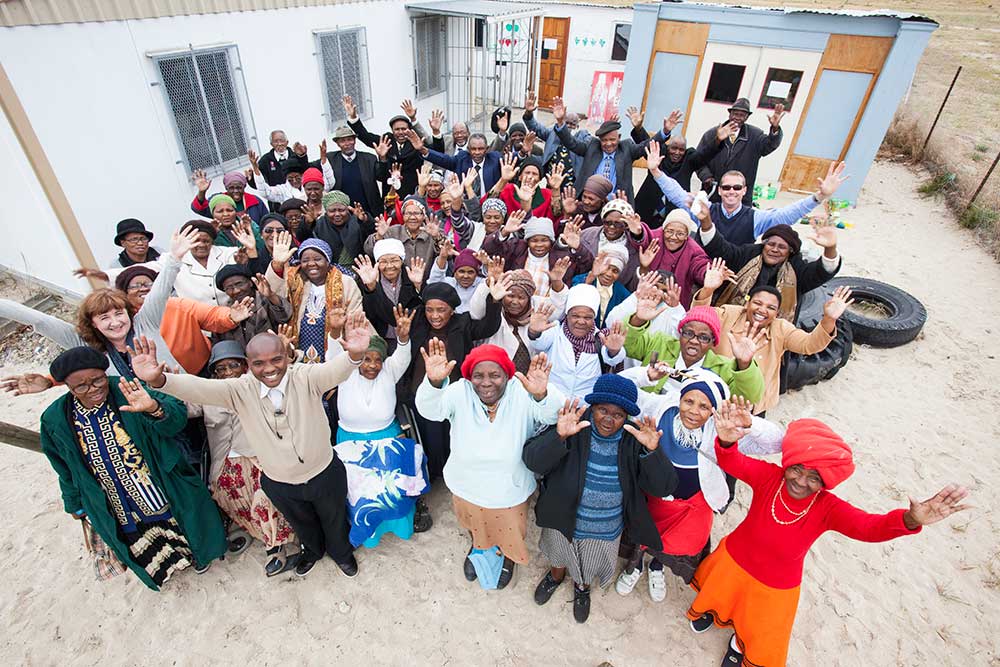
This article originally appeared in the 2017 print issue of THE BEAT.
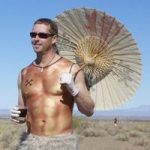 James Fernie is the Founding Director of Uthando (Love) South Africa, We Are Africa’s community development partner. To find out more about this project or any others, visit uthandosa.org.
James Fernie is the Founding Director of Uthando (Love) South Africa, We Are Africa’s community development partner. To find out more about this project or any others, visit uthandosa.org.











